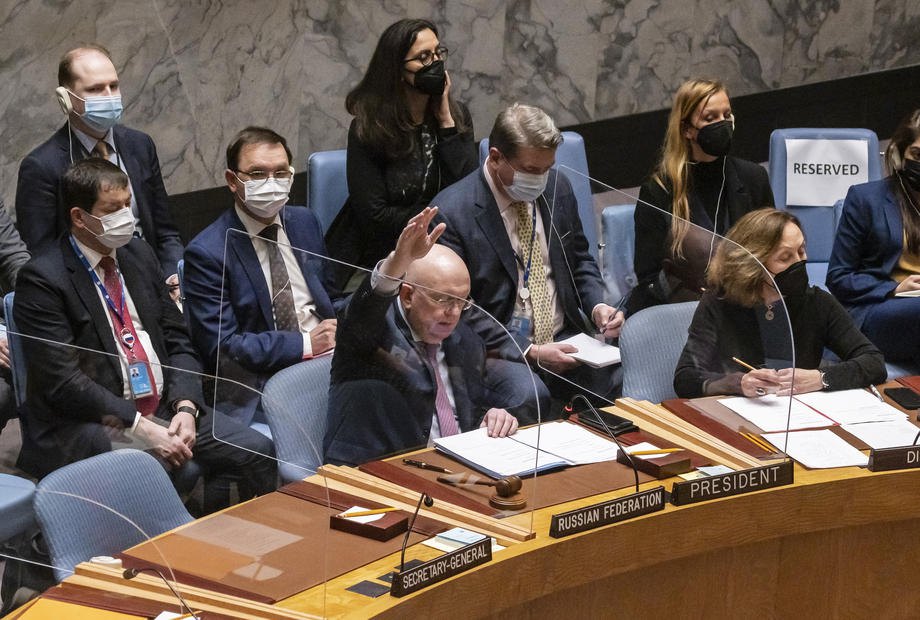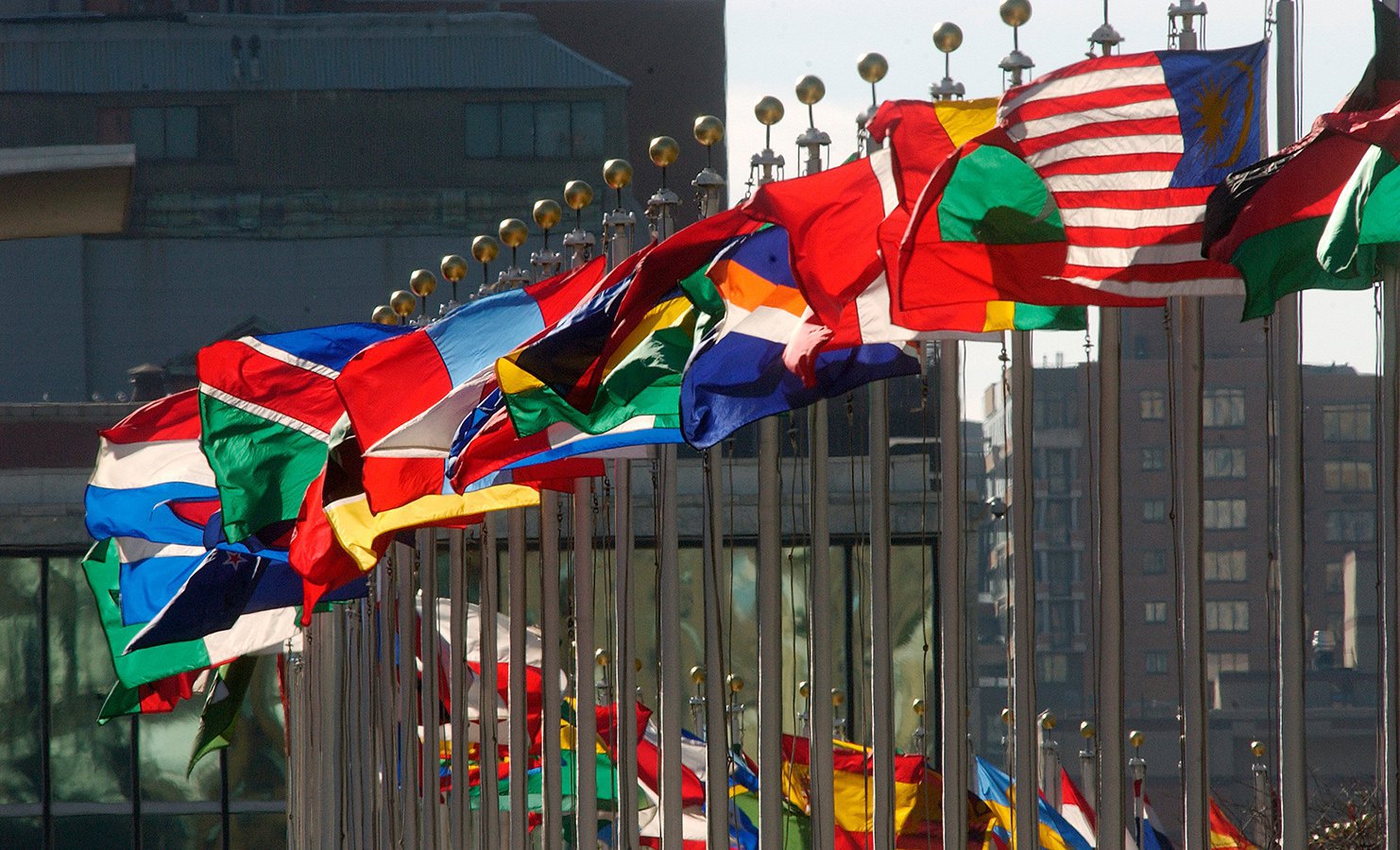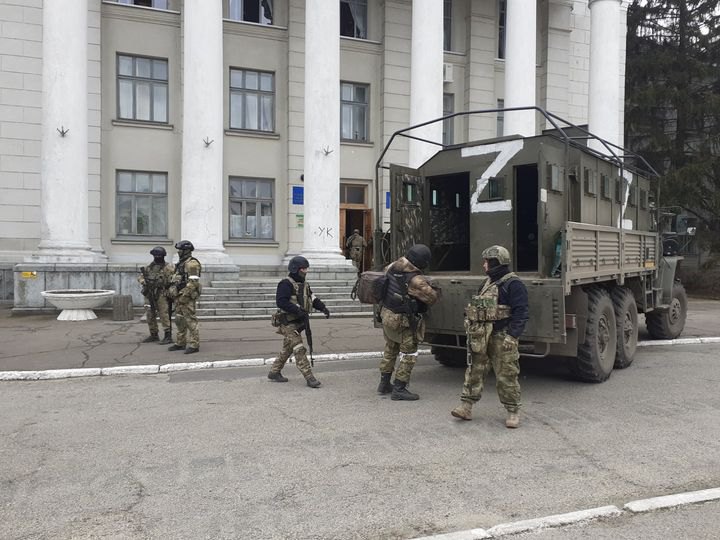
Permanent members of the UN Security Council have the right of veto. So, here arises some questions: is it fair if a permanent member of the UN Security Council acts as an aggressor against another state? Is it fair if this permanent member of the UN Security Council blocks resolutions on its own aggression against another state? Is it fair if the aggressor country has not yet properly registered its membership in the UN?
There is not a single mention of the state of the Russian Federation in the UN Charter – there is only the Union of Soviet Socialist Republics. This state appears as one of the permanent members of the UN Security Council. We may try talking about the succession of the Russian Federation in relation to the USSR (so-called continuité). In a letter to the UN Secretary General in 1991, Russia informed that the membership of the USSR in the UN was being extended by the RSFSR with the support of the CIS countries. A note of the Ministry of Foreign Affairs of the Russian Federation from 1992, the succession of the Russian Federation in relation to the international obligations of the USSR on international platforms was recorded.
However, despite the fact that the UN Charter has been edited three times since its adoption, the new name of the Russian Federation has not been included in the Charter.
The UN Charter
has never been signed or ratified by the Russian Federation. And it's not a inattention or just technical mistake.
There was no resolution on Russia's admission to the UN on the recommendation of the UN Security Council – although this is how states are usually admitted at the UN. For example, when Czechoslovakia split into the Czech Republic and Slovakia, both states underwent a full-fledged admission procedure to the UN. Yugoslavia (FRY, the so-called Third Yugoslavia) also tried to avoid such a procedure, but it failed – and the new state formed on the ruins of the Socialist Federal Republic of Yugoslavia had to undergo a full-fledged admission procedure to the UN. This procedural moment in relation to Russia was missed intentionally.

Nevertheless, today, this discussion can and should be updated, since there is a state of affairs in which the Russian Federation blocks any UN resolution related to its aggression against Ukraine. Such a systematic repetition of actions calls into question not only justice towards Ukraine, but also the effectiveness of the mechanism of work of the UN Security Council as a whole. What kind of adequate and timely response to crises can we talk about if the aggressor can block any statement that does not suit him – in the event that the aggressor received a seat in the Security Council following the World War II , inheriting the principle of the "four policemen", but violating the principles of international relations that developed as a result of it?
The discussion about the Russian Federation's membership in the UN is rather thin ice. The UN today is one of the most important negotiating platforms to which the Russian Federation agrees to be and moreover, values its representation there. The restriction of Russia's rights in this structure is critically necessary today. The text of the UN Charter and Russia's work to formalize its succession allows us to initiate this procedure or at least start a dialogue about it. Today, when the attention of the whole world is focused on Russia's war against Ukraine, we can try to get the consensus necessary to amend the UN Charter. It requires two-thirds of the votes of the conference participants (of which 9 are any members of the Security Council). The ratification of such changes will be much more difficult, because it requires the votes of two-thirds of the conference participants, including all members of the Security Council.
If measures against the current role of the Russian Federation in the UN Security Council are not taken, we will also get significant difficulties in investigating the crimes of the Russian Federation committed in this war. But this conflict must be resolved – in the interests of world peace and an end to aggression.









